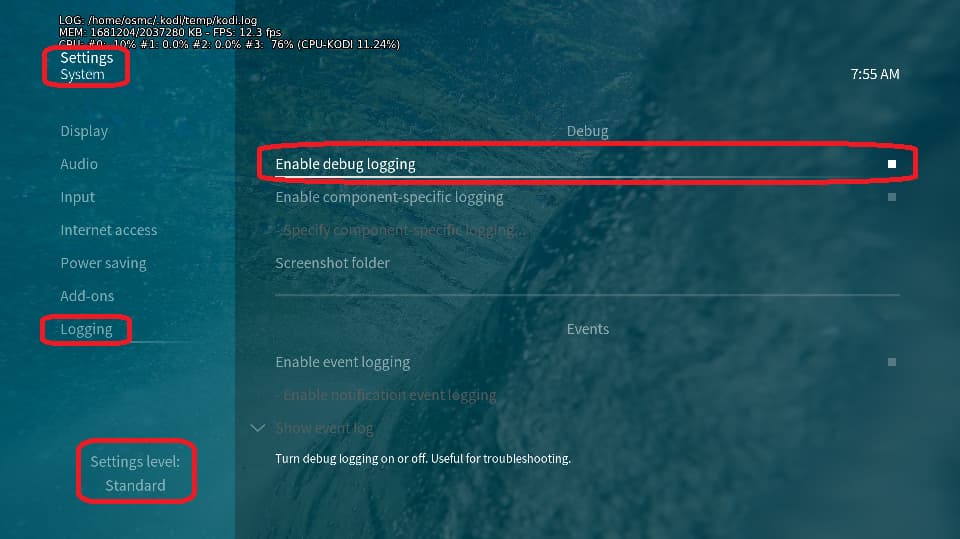With software and hardware, there are thousands of things that can go wrong.
Let’s be honest, the lowest end hardware of a raspberry-pi isn’t exactly server-class hardware and lacks redundancies that would be commonly seen in a server.
Throw in using an SDHC card or microSD card which also isn’t exactly the best storage media possible and typically doesn’t have redundancies either, then throw in millions of different possible video and audio file types (every new encoding tool or release of an encoding tool is just a tiny bit different, so bad things can happen.
If everyone in the world used 1 video encoder and that encoder was perfect, creating well-formed files, ALWAYS, then the possible crashes would likely end … at least for simple, local, playback.
Next throw in that we all have slightly different Kodi addons and stream from different internet sights, some with data loss from time to time …
Hopefully, I’ve painted a picture of just a few things that can go wrong. All the software knows is that either it is perfect or it isn’t. When it isn’t, for whatever reason, the software is expected to handle it. That is very hard without a huge budget. I’ve worked on software projects with over 300 full-time programmers where having good code was the goal. I’ve also worked on software projects with 23 full-time programmers where having PERFECT CODE was mandated by the client, no exceptions. Cost didn’t matter. Time didn’t matter. Perfect code.
Let’s just say that no software created by volunteers will be that bug free, regardless of their skill. The more complex any software is, the more layers there are, the more likely there are software errors. IME, any software with a GUI is 1000x more likely to have software errors than software that only allows settings and data to be provided at startup.
So … we are back to something bad happened, somewhere, in one of the 50 software parts or in the hardware or in the network and the sad face is what the GUI shows.
You can look at the logs yourself. Feel free. But when an expert at reading those logs offers to look at them, that is huge! You don’t even know. I look at logs for my job and it sucks. I’m not expert at Kodi/OSMC logs, so I don’t have the ability to quickly scan them and hone in on issues. While I can look through lots of other log types and do that, I can’t for OSMC.
BTW, the logs provide all sorts of useful information. As the software changes, so do the logs. That’s why there isn’t any single place with the answers you seek. Logging code is all over Kodi and all over other libraries which are dependent on your specific setup.
I suppose the only required documentation for “Sad Face” is
Create a log package and post them on the osmc.tv forum for expert help with a description of the issue, what caused it. See How to submit a useful support request - General - OSMC
ActionA already provided this answer, but sometimes we need to hear it a few times.
